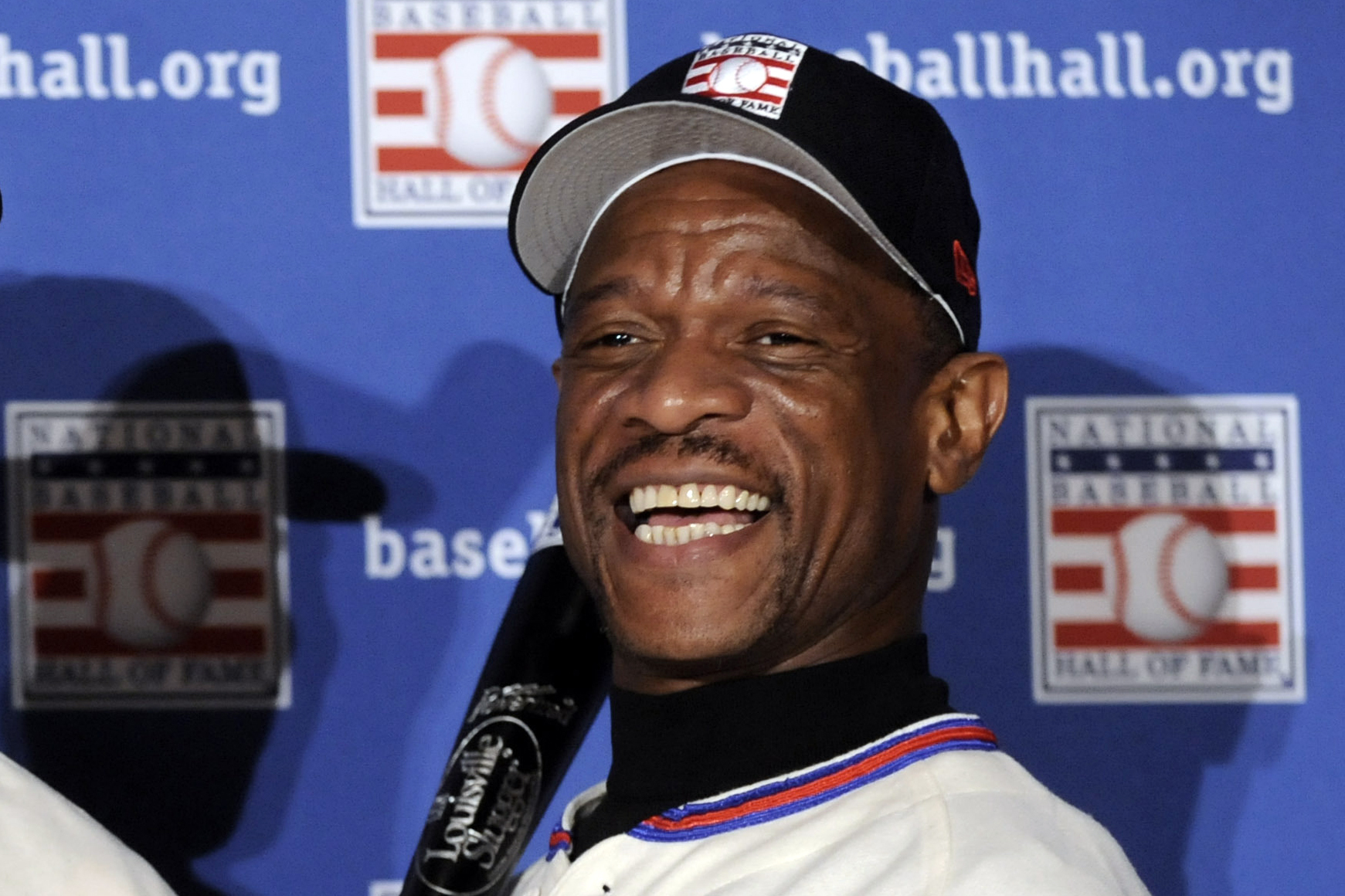
By NOAH TRISTER AP Baseball Writer
Greatest living Hall of Famer
Amid all the tributes and memories about the legendary Willie Mays, consider this perspective on his greatness:
He may have been baseball’s greatest living Hall of Famer — not just at the time of his death this week, but from the moment he was inducted in 1979.
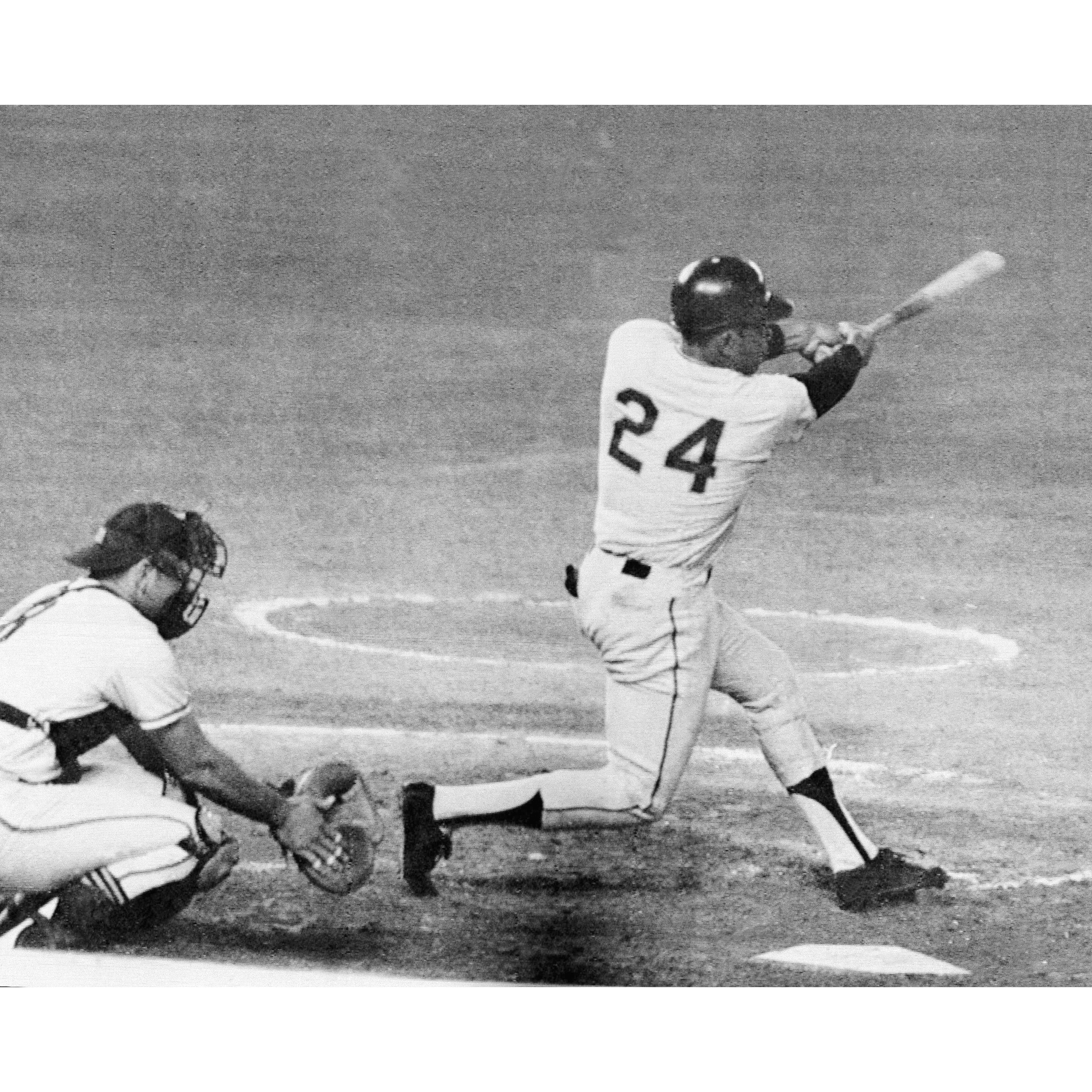
Mays’ combination of hitting, baserunning and defensive brilliance was so extraordinary that simply calling him an all-time great feels insufficient. Some sort of superlative is warranted, and while “greatest living Hall of Famer” is obviously subjective, few would dispute that Mays had a strong case.
As for who deserves that title now — well, it’s a much tougher question, especially since Mays was preceded in death in recent years by the likes of Hank Aaron, Frank Robinson, Tom Seaver and Joe Morgan. It’s been a sobering period for baseball fans as so many stars from the 1960s and 1970s have passed on.
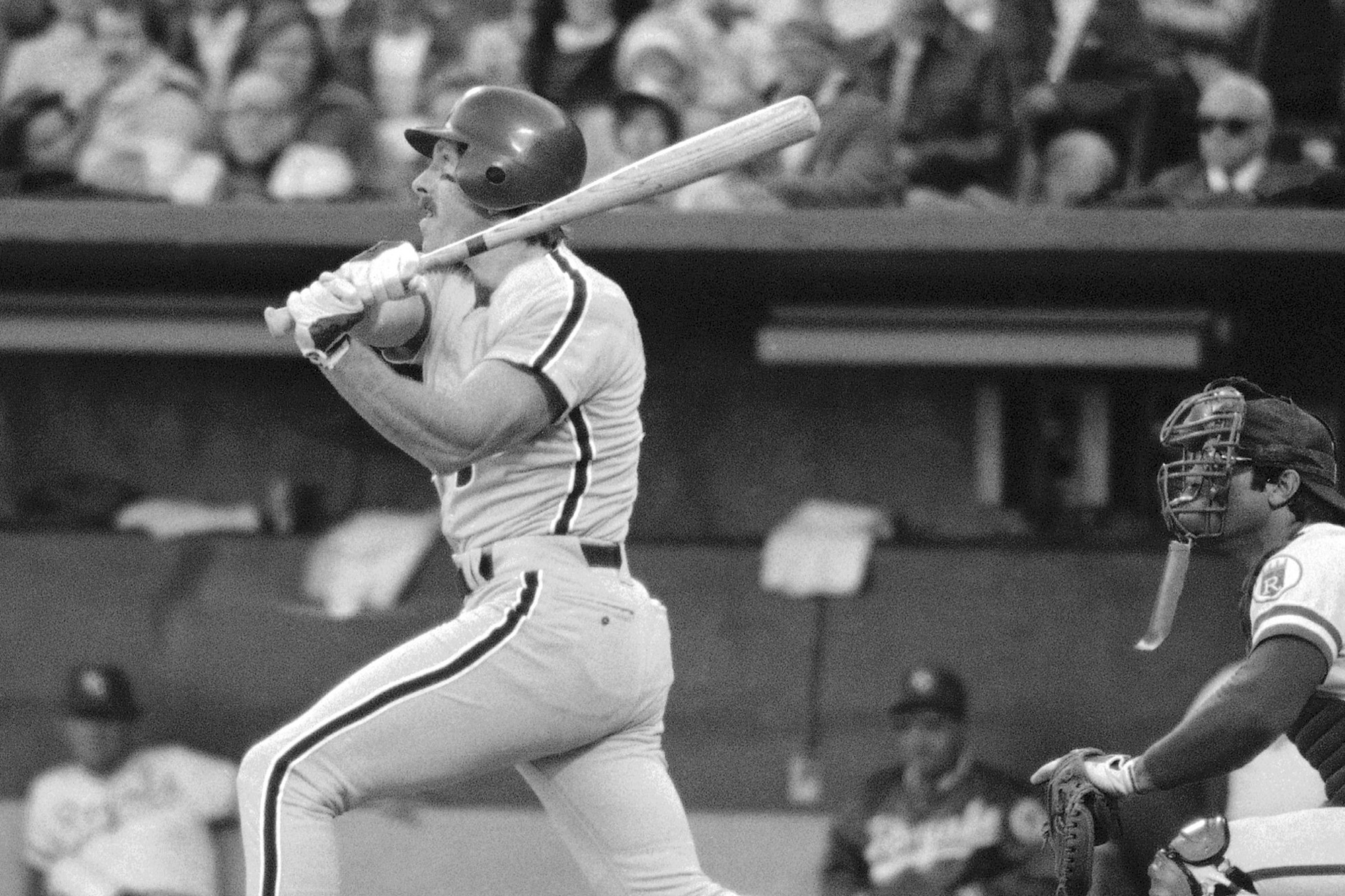
If Mays’ godson, Barry Bonds, were in the Hall, he’d be a pretty easy choice as the game’s greatest living Hall of Famer, but PED-related controversy continues to keep him out. Here are a few other candidates for this unofficial but compelling honor:
Rickey HendersonHenderson is the leader among living Hall of Famers in Baseball Reference’s version of wins above replacement, and while he’s known largely for his speed, at his peak he was an all-around offensive force. Henderson dominated the 1989 playoffs with Oakland and then won his lone MVP award the following year. He retired with a career on-base percentage of .401 and is still the all-time leader in stolen bases and runs. The gap in steals between him and second-place Lou Brock is the same as the gap between Brock and 46th-place Jimmy Rollins.
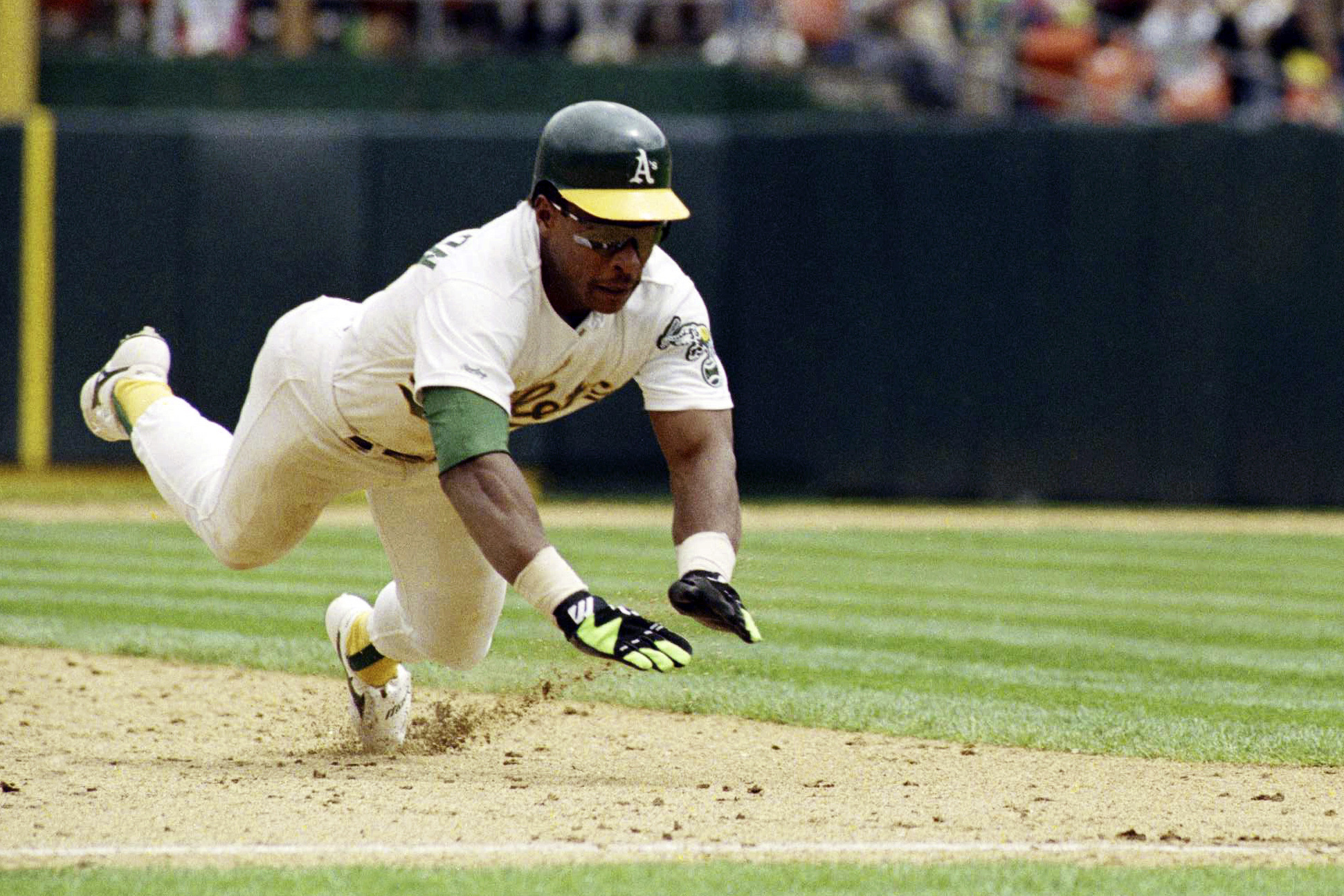
Mike SchmidtIn a 13-year span from 1974-86, the Philadelphia third baseman won three MVPs, eight National League home run titles and 10 Gold Gloves. And his numbers — which included three straight on-base percentage titles and seven 100-walk seasons — have aged well through the years. Schmidt struck out a lot and rarely had a high batting average, but modern stats only enhance his status as one of the most valuable sluggers of his era.
Greg Maddux, Randy Johnson or Pedro MartinezTake your pick from this trio of stellar pitchers who combined to win a dozen Cy Young Awards. Martinez’s 1997-2000 peak may have been the best of the bunch, although Maddux’s incredible 1992-95 stretch was limited a bit by a couple strike-shortened seasons. Johnson pitched until he was 46, and only Nolan Ryan has more strikeouts than the 6-foot-10 left-hander.
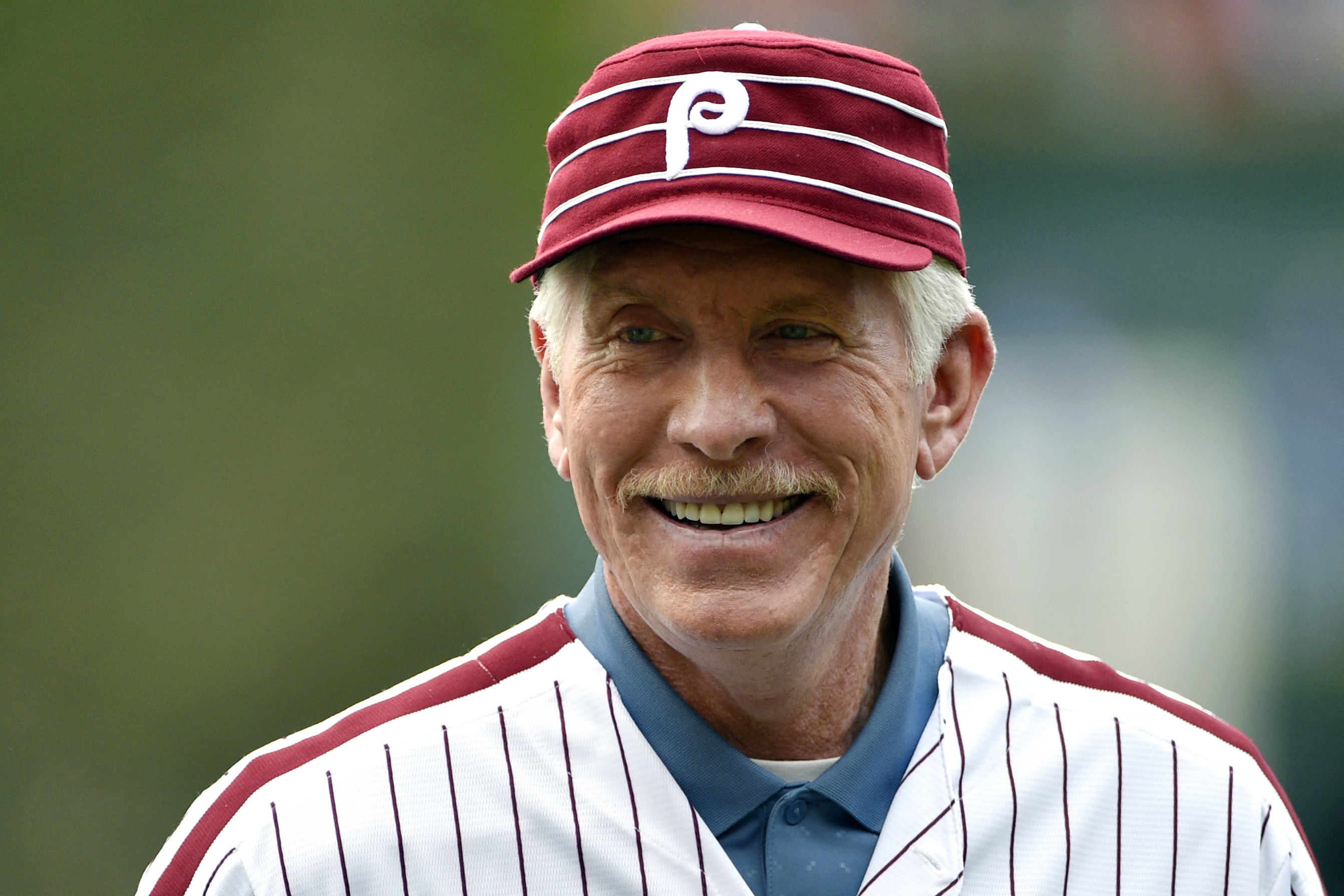
Sandy KoufaxKoufax is one of Mays’ contemporaries, but he’s been tough to evaluate historically because of his early retirement due to arm problems. From 1963-66, Koufax posted an ERA under 2.00 three times and had over 300 strikeouts three times. Then his career ended at age 30.
Ken Griffey Jr.There’s a beautiful symmetry between Mays, the “Say Hey Kid,” and Griffey, who was just “The Kid.” They’re even one spot apart on the career home run list. But after debuting at age 19 and combining elite slugging with electrifying play in center field, Griffey’s durability became an issue after he turned 30.

Honorable MentionCal Ripken Jr. was more than just a popular player with a record-setting consecutive games streak. He provided consistent power at a premium position and led the major leagues in WAR three times. … Carl Yastrzemski and Wade Boggs had similar career WAR numbers to Ripken. Yaz put up great offensive stats during the pitcher-friendly late 1960s, and Boggs probably deserved more MVP consideration while winning five batting titles in six years during the ’80s. … Mariano Rivera never won a Cy Young Award or MVP, but he deserves a nod as the only player elected to the Hall unanimously.
